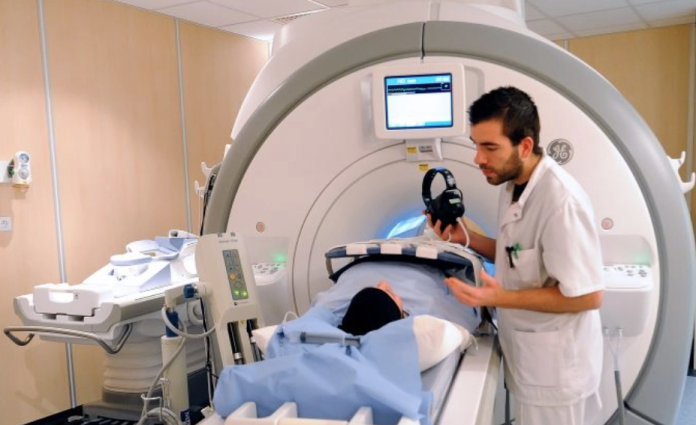A study published this week suggests that a common sleeping medication, zolpidem, may disrupt the brain’s ability to “cleanse” itself during sleep, potentially raising the risk of Alzheimer’s and other neurological disorders.
“It is not known what drives brain clearance during sleep,” they said in an abstract of their study. “We here employed an array of technologies and identified tightly synchronized oscillations in norepinephrine, cerebral blood volume, and cerebrospinal fluid (CSF) as the strongest predictors of glymphatic clearance during NREM (non-rapid eye movement) sleep.”
The molecule norepinephrine, they said, plays a key role in the brain-cleaning process in mice, which were surveyed in the study.
Norepinephrine, also known as noradrenaline, acts as a hormone and neurotransmitter. It transmits nerve signals to nerve cells, muscle cells, and gland cells while it’s involved in the body’s “fight-or-flight” response, increasing the heart rate, blood pressure, and blood sugar levels.
After studying mice, the researchers discovered that waves of norepinephrine are correlated to “variations in brain blood volume” and found it may cause the “rhythmic pulsation in the blood vessels.” Later, the authors found that brain fluid flow fluctuates in connection to blood volume changes, meaning the vessels may propel brain fluid to remove waste from the organ.
The researchers then also evaluated the effects that sleeping medication may have on the brain’s norepinephrine levels. Notably, when giving mice the drug zolpidem, commonly sold as Ambien, the norepinephrine waves that were released during deep sleep cycles were 50 percent lower than in mice that were not given the drug.
While the mice that were given zolpidem fell asleep at a quicker rate, brain fluid transportation levels dropped by more than 30 percent, according to the study, noting that their findings suggest that the medication might disrupt the release of the norepinephrine-driven waste-cleaning process during sleep.
“More and more people are using sleep medication, and it’s really important to know if that’s healthy sleep,” Natalie Hauglund, a researcher with the University of Copenhagen and the University of Oxford, said in a statement. “If people aren’t getting the full benefits of sleep, they should be aware of that so they can make informed decisions.”
Even though the researchers only carried out their study on mice, the findings likely will apply to human beings because they “also have a glymphatic system,” it added.
“Researchers have observed similar norepinephrine waves, blood flow patterns, and brain fluid flux in humans,” they concluded. “Their findings may offer insights into how poor sleep may contribute to neurological disorders like Alzheimer’s disease.”






















